Nature reports
Page 8 of 68 - 676 Results
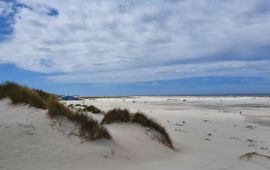
Visiting the beach and enjoying the sun and the sea. For many of us, this is an important way to relax in warm weather. However, Dutch beaches are becoming increasingly crowded. This means that it is not only difficult to find a..
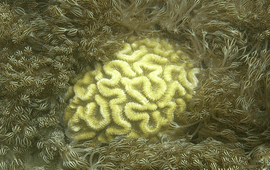
Recent reports highlight the concerning spread of the invasive soft coral Unomia stolonifera, currently devastating Venezuela’s marine ecosystems and detected in Cuba. With the potential threat of its expansion to the (Dutch)..
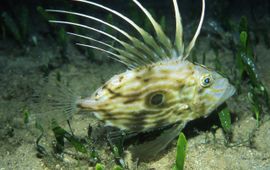
Over the past forty years, the Atlantic Ocean has experienced a tropicalization, with an increase of warmer-water species. The Mediterranean and the Baltic Sea, where warming has been more rapid, have seen a marked decline in..
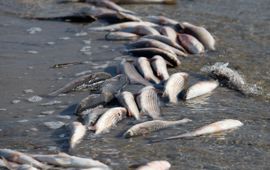
As more and more nutrients from land and air enter the world’s oceans, the dead zones without oxygen in the water will increase in size and intensity. That is the warning that PhD student Zoë van Kemenade, an organic geochemist at..
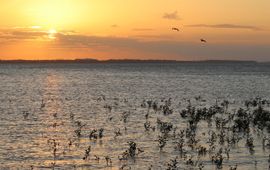
A large quantity of fossils from the period just before and during the last ice age have been discovered in French Guiana. The area changed from a species-rich mangrove system to a dry grassland savannah in a relatively short..
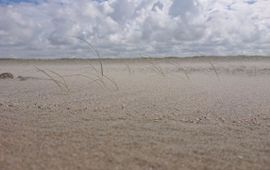
Plants are not interchangeable when it comes to forming young dunes on a beach. This is shown in the thesis of coastal ecologist Carlijn Lammers of NIOZ. She discovered that sand couch and marram grass form different types of..
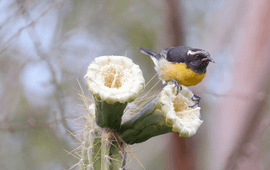
In the Dutch Caribbean, all six islands have started the spring data collection of their five-year bird monitoring project. The goal is to monitor and assess local breeding land bird populations. Last year’s first edition gave..
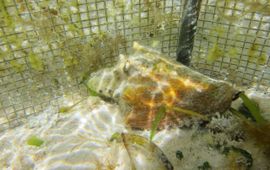
The queen conch research called, 'Conquer the Future', has started in Bonaire. Thanks to joint efforts, young farmed conches were shipped by boat from Curaçao to Bonaire. These snails are released into the sea in Sorobon with the..
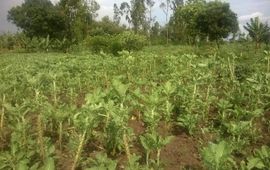
Setting up sustainable farming systems requires policymakers and farmers to start weighing factors at different spatial scales. Alternative agricultural policies still place too much emphasis on production and too little on..
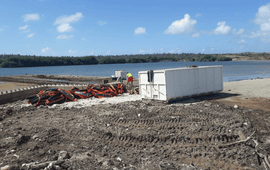
An offshore oil spill originating off the coast of Tobago has made its unwelcome arrival on the shores of the Dutch Caribbean. Despite oil reaching Bonaire’s and Curaçao’s coast, the islands seem, fortunately, to have escaped a..
